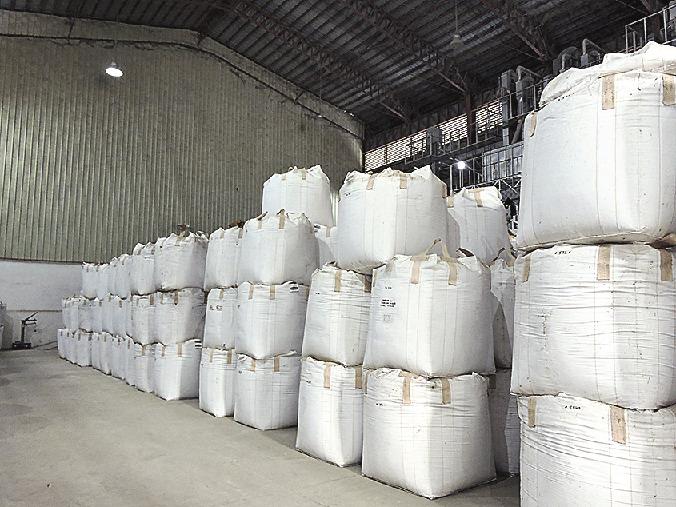Chodai's regional development project on the island of Mindanao in the Philippines is entering a new stage. In April, it acquired a 99% stake in a Singaporean company investing in an eel farming business and a rice milling business on the island. As a result, Chodai will invest about 10% in each business and participate in the business, and a system has been established for the full-scale implementation of the two businesses that the company expects to be the core of regional development. The concept of developing Mindanao Island, which Chodai has envisioned, is steadily moving toward realization.

Farmed eel is processed into kabayaki and shirayaki according to Japanese technology
An eel farm operated by an SPC (special purpose company) formed by Chodai and local companies is located in Kabadobaran City in the northern part of Mindanao Island. The farm is about 6 hectares in size, and juvenile glass eels and adult eels are cultivated in 30 tanks. The annual shipment volume is 200 tons. The eels are locally processed into kabayaki and shipped to Japanese restaurants in the country.

Rice mill mainly uses Japanese rice mill to grind long grain rice.
At the processing plant on the premises of the farm, there are rows of kabayaki processing machines called “kabayaki machines” by the local staff. The machine is made in Japan, and the processing incorporates the technology of a long-established Japanese company. By introducing Japanese technology in seasoning and management methods, we are working to improve local productivity and add value.
In 2015, Chodai exchanged a memorandum of understanding with local general contractors Equiparco and Twin Peaks on a comprehensive partnership for the development of the Mindanao region. We have been working on infrastructure development that makes use of the resources of Mindanao Island. The memorandum also includes participation in agriculture and aquaculture projects, including eel farming.
Masayuki Oura, president of Chodai Philippines, which will become a wholly-owned subsidiary of Chodai, said, "With this stock acquisition, Chodai's eel farming business will advance further. There are many things that Japanese companies can do to maintain the quality of eels, and I would like to make a proposal. I will continue,” he said enthusiastically.
The rice milling business is also an important key to regional development. The Taguibo Industrial Park Development Project promoted by Chodai aims to establish a primary industry on the island through the development of an industrial park centered on a rice mill.
In the city of Butuan on the island, an SPC formed by Chodai and local companies has been operating a rice milling plant since 2015. The rice milling factory has a rice milling machine made in Japan. We polish 20,000 tons of rice a year, mainly long-grain rice, to cope with the shortage of rice mills in the region. We also conducted trial cultivation of short-grain rice, which is considered to be high value-added rice in the country, and established a planting method.
Rice is the staple food in the country. However, domestic production is not enough to keep up with demand, and rice is being imported from abroad. The island of Mindanao also has a very high potential for rice consumption, and Taiji Nagaya, Chairman and CEO of Chodai, has high hopes that the rice milling business will play a central role in the development of industrial parks.
Chodai aims to develop the island's economy by establishing eel farming and rice milling businesses on the island. However, in order for these primary industries to take hold, it is essential to develop an infrastructure that provides a stable supply of water and electricity. We are also promoting infrastructure development that makes use of local resources and characteristics.






